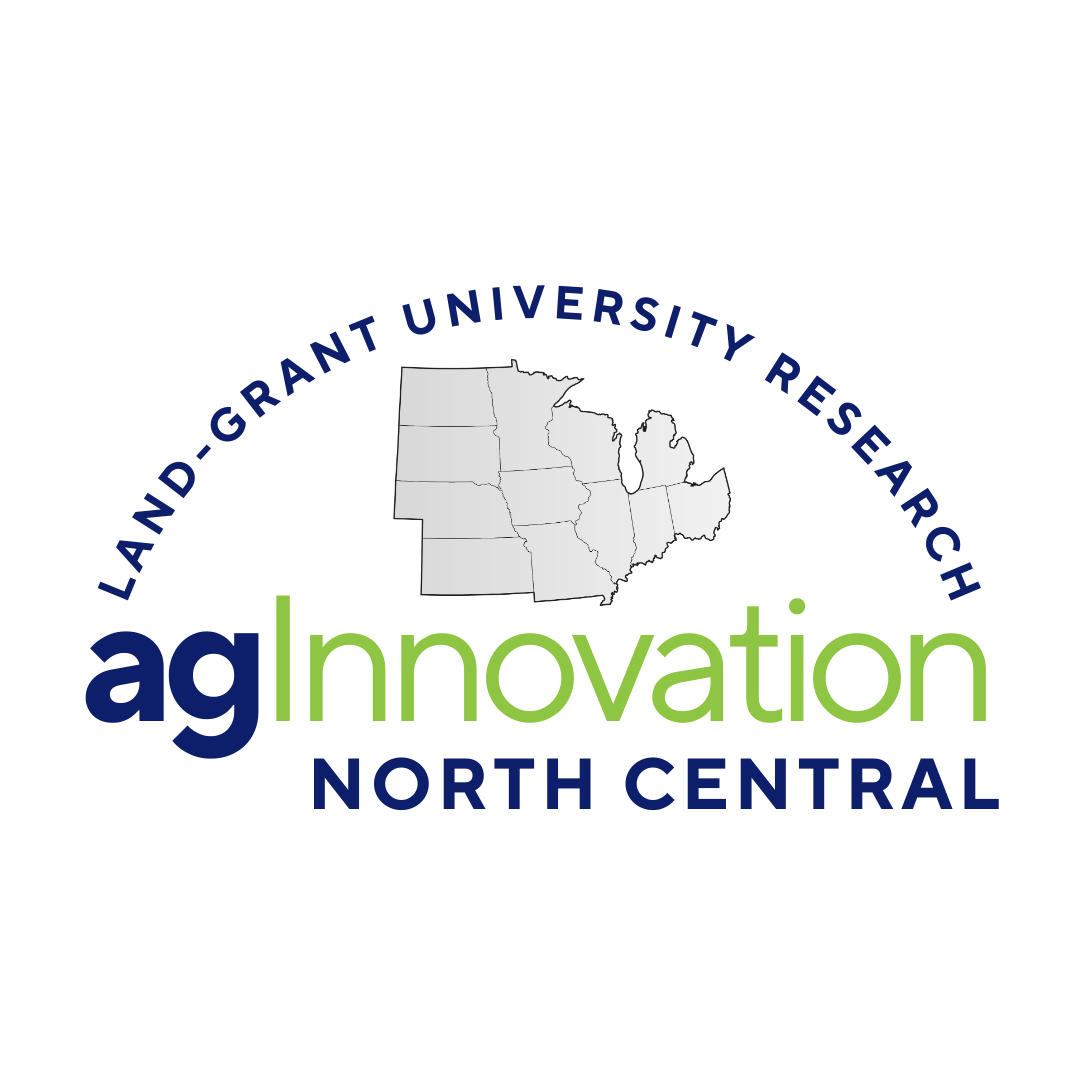
NCR167: Corn Breeding Research
(Multistate Research Coordinating Committee and Information Exchange Group)
Status: Inactive/Terminating
NCR167: Corn Breeding Research
Duration: 10/01/2001 to 09/30/2006
Administrative Advisor(s):
NIFA Reps:
Non-Technical Summary
Statement of Issues and Justification
Plant breeding is the ultimate delivery method for the enhancement of germplasm resources and the development of cultivars that have consistently high performance across environments. During the 20th Century, corn breeders have been leaders in conducting basic and applied research to determine the more efficient and effective methods for corn improvement. Different aspects of molecular genetics have assumed greater importance during the past decade, but plant breeders still have the task of developing superior genotypes for transgene insertions. The number of corn breeders with the state agriculture experiment stations (SAES) and the U. S. Department of Agriculture, Agriculture Research Service (USDA/ARS) has declined dramatically during the past 50 years. Frey (1996) reported that 545.05 SYs were devoted to dent corn breeding: of this total, 509.75 SYs (93.5) were with private industry, 27.1 SYs (5.0) were with SAES, and 8.2 SYs (1.5) were with the USDA/ARS. Hence, 93.5 of the dent corn breeders in the United States are employed by private industry. Although only 6.5 of the corn breeders are in the public sector, they are expected 1) to conduct long-term, high-risk research to advance the frontiers of knowledge for corn improvement, and 2) to educate and train graduate students capable of conducting independent breeding programs, which are largely in the private sector (Frey, 2000). Evaluation and enhancement of germplasm resources, genepool enhancement, and development of enhanced breeding methodologies are essential to maintain continued genetic advance of the corn hybrids provided to the producers (Fig. 1). These research projects are long-term, include selection of traits that are complex in their inheritance, and usually do not lead directly to development of elite lines and hybrids. Incremental genetic gains are realized over time and all available information and techniques (e.g., selection indices, molecular markers, etc.) are included to enhance our genetic resources. Hence, the Multi-State Committee on Corn Research will emphasize the NCRA crosscut "Genetic resources development and manipulation (genomics and germplasm) of corn" as its goal.�
Objectives
-
The principle goal of the Committee is "Genetic resources development and manipulation
(genomics and germplasm) of corn". The goal is attained by interaction among researchers
of the public and private sectors who have an interest in the theory and application of
selection methods for germplasm enhancement, development of screening methods for pest
resistance, types of genetic effects important in the inheritance of quantitative traits, breeding
methods for development of lines and hybrids, and the integration of the techniques and
information from molecular genetics with conventional breeding methods. Objectives are
attained by fostering cooperative exchange of information on theoretical and applied
breeding and selection methods of lines, hybrids, and germplasm, and evaluation and
enhancement of germplasm resources. Specific objectives are emphasized in the following
areas:
- Presentation of progress reports on evaluation and enhancement of germplasm
resources, genepool enrichment, and development of enhanced breeding methodologies by
Committee members, as well as
- Presentation of invited lectures by experts and guests from industry, and from other universities; and
- Presentation of posters by graduate students, post-doctorals, and visiting scientists associated as visitors to the meetings;
- Conduct of hybrid trials for four maturity zones (100-300,400-600,700-800, and 900 relative maturity ratings) to evaluate new inbred lines in hybrids on a regional maturity basis;
- Describe recently released inbred lines and germplasm resources, and their classification in the appropriate heterotic groups;
- Conduct evaluation trials of hybrids developed for special quality traits (protein, oil, color, etc.) to determine yield, disease resistance, and insect resistance;
- Cooperate and assist in the planning and organization of a symposium with the University of Dlinois to evaluate the long-term effects of selection in corn populations;
- Hold joint meetings with other Multistate Research Committees (e.g., NCR-25, NEC- 29, etc.) to stay abreast of the latest research of disciplines that are important in corn breeding; and
- Dissemination of information from the annual meetings to all interested parties in the
form of a prepared report that includes abstracts of invited presentations, posters, progress
reports, and summaries of the evaluation trials. Dissemination is facilitated by posting all
reports and summaries issued by the Committee at the website
(http://com2.agron.iastate.edu/NCR167), which provides access to corn breeders world wide.�
- Presentation of progress reports on evaluation and enhancement of germplasm
resources, genepool enrichment, and development of enhanced breeding methodologies by
Committee members, as well as
Procedures and Activities
Expected Outcomes and Impacts
- �
Projected Participation
View Appendix E: ParticipationEducational Plan
Organization/Governance
The recommended Standard Governance for multistate research activities include the election of a Chair, a Chair-elect, and a Secretary. All officers are to be elected for at least two-year terms to provide continuity. Administrative guidance will be provided by an assigned Administrative Advisor and a CSREES Representative.
Literature Cited
Frey, K. J. 1996. National Plant Breeding Study-1. Spec. Rep. 98. Iowa Agric. and Home Econ. Exp. Stn., Ames, LA. Frey, K. J. 2000. National Plant Breeding Study-IV. Spec. Rep. 102. Iowa Agric. and Home Econ. Exp. Stn., Ames, LA.�